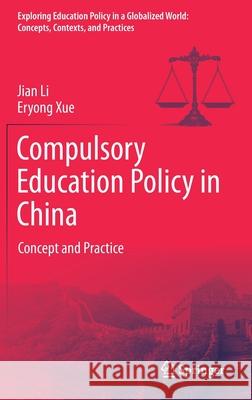Compulsory Education Policy in China: Concept and Practice » książka
topmenu
Compulsory Education Policy in China: Concept and Practice
ISBN-13: 9789813363571 / Angielski / Twarda / 2021 / 173 str.
Compulsory Education Policy in China: Concept and Practice
ISBN-13: 9789813363571 / Angielski / Twarda / 2021 / 173 str.
cena 524,53
(netto: 499,55 VAT: 5%)
Najniższa cena z 30 dni: 501,19
(netto: 499,55 VAT: 5%)
Najniższa cena z 30 dni: 501,19
Termin realizacji zamówienia:
ok. 16-18 dni roboczych.
ok. 16-18 dni roboczych.
Darmowa dostawa!
Kategorie:
Kategorie BISAC:
Wydawca:
Springer
Seria wydawnicza:
Język:
Angielski
ISBN-13:
9789813363571
Rok wydania:
2021
Wydanie:
2021
Numer serii:
001141462
Ilość stron:
173
Waga:
0.45 kg
Wymiary:
23.39 x 15.6 x 1.27
Oprawa:
Twarda
Wolumenów:
01
Dodatkowe informacje:
Wydanie ilustrowane











